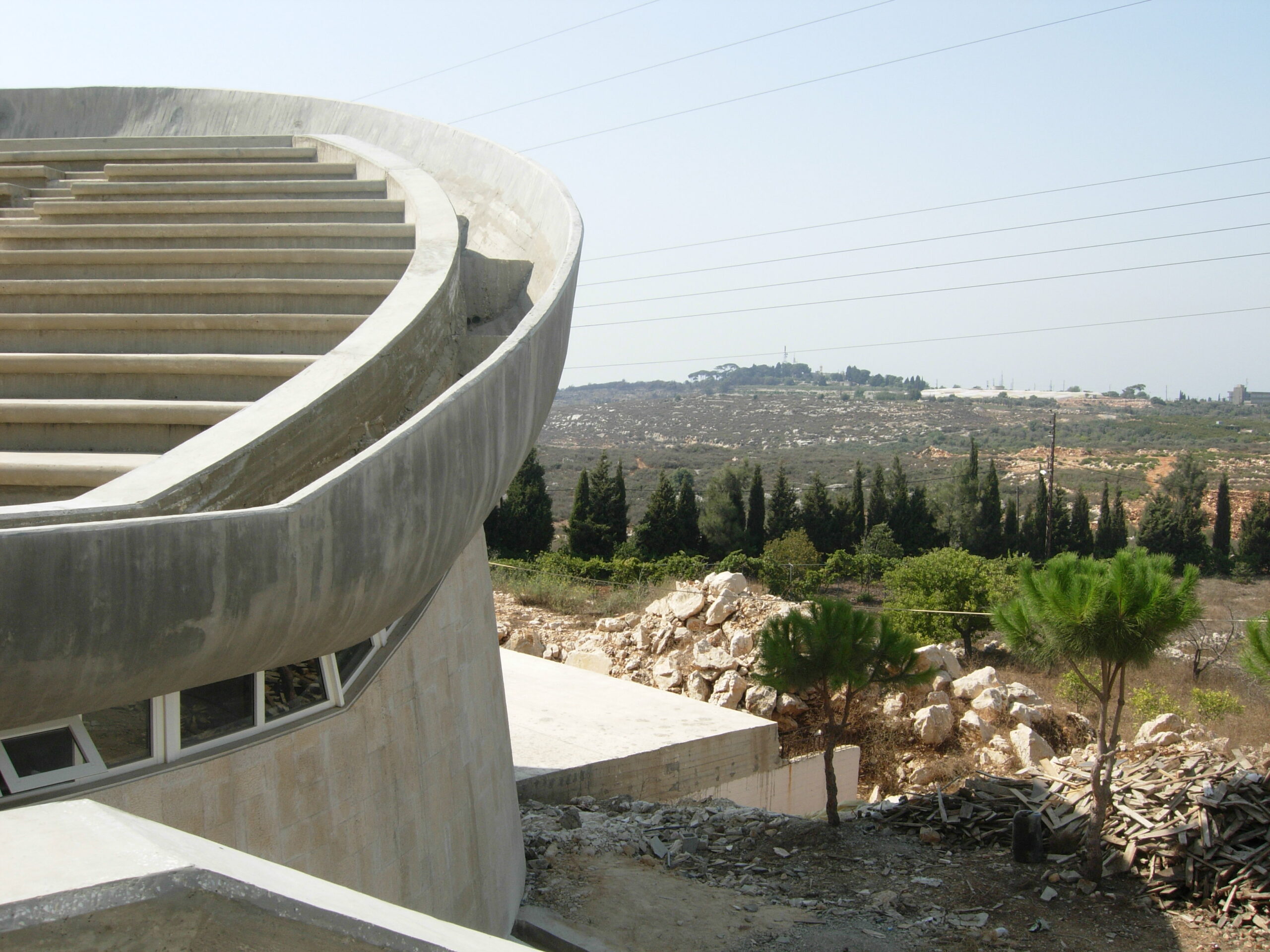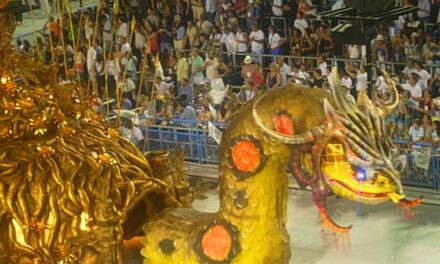MAAD, JBEIL: Many tourists headed to Lebanon are enthusiastic about getting a taste of the country’s sights as well as its [noisy] sounds, while a minority are actually looking for peace and quiet.
One of their destinations might be the Priest’s House, or Beit al-Kahen, which is a spiritual “hostel” on the outskirts of the capital Beirut.
Listed as a hostel in Jbeil, the Priest’s House is a sanctuary for meditation and contemplation, located in the village of Maad.
There is no signage or public transportation from the northern city of Jbeil to the village of Maad, and taxi reservations in advance are recommended.
Visitors at first are taken back by the scale of the site; a concrete building next to a newly built amphitheater above a church under renovation.
The Priest’s House contains 20 rooms with up to four beds in each room, for a total occupancy of 64 people. The conference room, equipped with overhead projector and a sound system, seats 100.
Special amenities include an in-house chapel and elevator for disabled persons. The library is open to the public upon advanced reservations for access to its 38,000 books and manuscripts on theology and philosophy, written in French, Arabic and English.
Starting at $15 per person (with special rates for groups), the rate includes three home-prepared meals and wireless internet, which isn’t always reliable. Local produce and special crafts are also available.
The phone is answered by French and Arabic speakers who forward calls to caretaker Madame Maggie.
“This is not a hotel or hostel; it is a convent,” explains Madame Maggie. “We are open to all religions.”
Maggie, who has spent six years volunteering at the Priest’s House, is first to welcome guests and arrange the accommodations.

A priest's sanctuary, a tourist's hostel
With the aid of a half-dozen-member staff, Maggie oversees the daily operations.
“We do the renovating, cooking and cleaning,” she said. “We all work together.”
Maggie’s sister Andree, whose daughter is a nun in Rome, helps the caretaker with choir. “We live like a family,” Maggie said. “One for all and all for one.”
She noted that she looks forward to the weekend when she arrives with her staff. “Sometimes we are busy and at times the place is empty,” she said.
Maggie also noted that local religious groups are the regular visitors during the year, while in the summer, visitors from Poland, Italy and France take advantage of its Mediterranean location and produce a more eclectic clientele.
“Recently we had an American couple find their way here,” Maggie said.
Surrounded by olive groves, private vineyards, and gardens, the Priest’s House is ideal for both religious and non-religious groups seeking serenity and solitude.
Maggie’s eldest son Father Toufic Bou Hadir serves as director. He said the Priest’s House is known as an oasis of peace, healing and blessings.
“It is a wonderful experience to be with groups and priests who come for a retreat, seeking serenity and meeting with God,” said Father Toufic.
For a weekend getaway from Beirut, Father Samir has come with a group of 20 nuns.
He was quick to observe the warm hospitality. “We keep coming here,” said Father Samir. “Everyone is nice and the area is beautiful.”
The Priest’s House was founded by late bishop of Beirut, Ignace Ziadeh, in 1991, and is currently administered by the Bishop of Jbeil, Beshara Rai.
It’s a member of the DHIAFEE program network, launched by the Tourism Ministry in cooperation with Kafaat University, to promote hospitality in the country’s rural areas. Originally intended as a house for Lebanese priests, the Priest’s House welcomes international guests.
With construction of the church scheduled for completion in summer 2011, the staff hopes to receive more guests.
“Visitors hear about us not just from their church groups, but from schools and hotels,” said Maggie.
Still, visitors find time to explore the religious history of Maad by visiting Saint Charbel, as well as the site of an old Phoenician temple.
They can also book trips through third parties.
For some the disadvantages might lie in the lack of restaurants and grocery stores in the area. For others, the Priest’s House can get lonely as there are no attractions at night, although it is advertised as a retreat. Fortunately, there is plenty of room in the industrial-sized kitchen for late-night hangout, if a break from solitude is needed.






